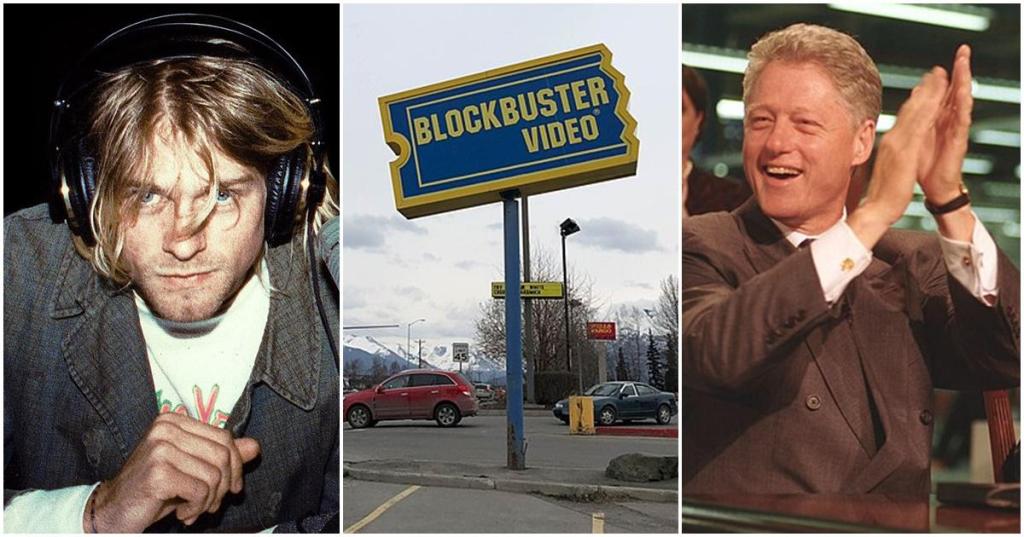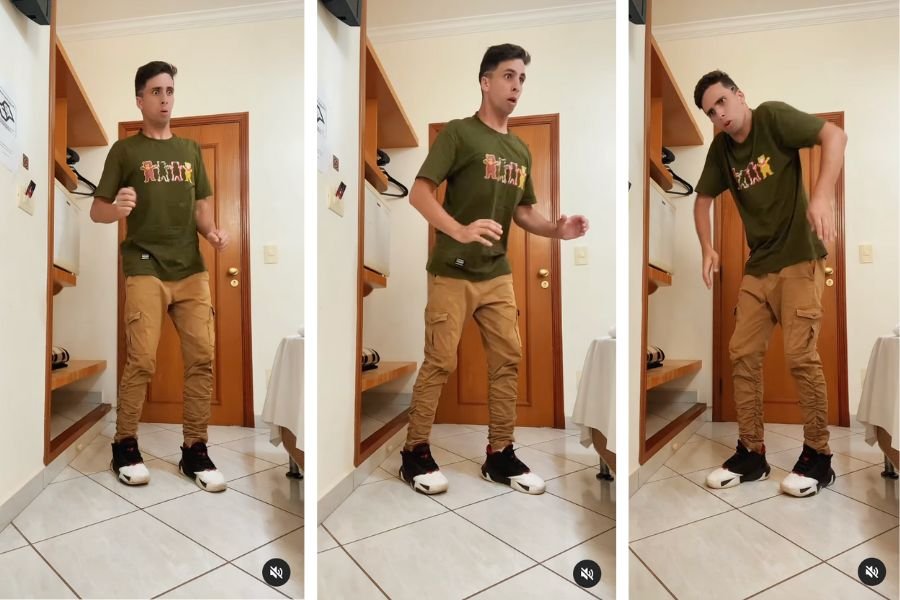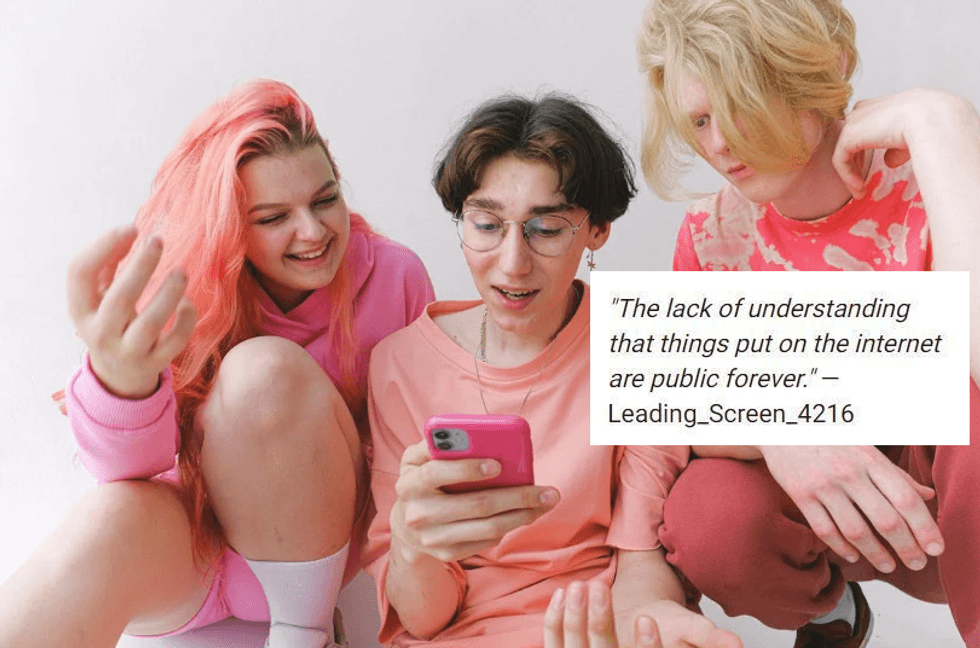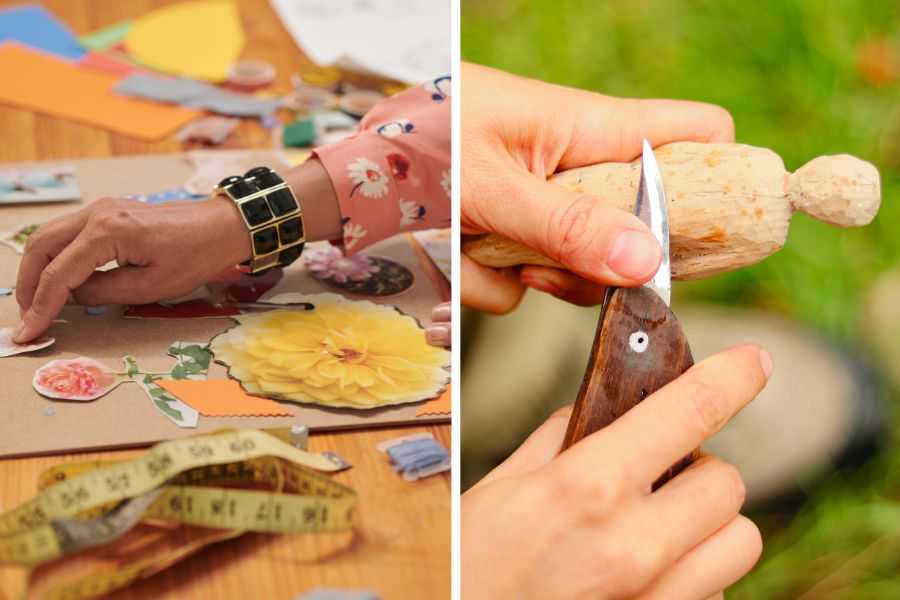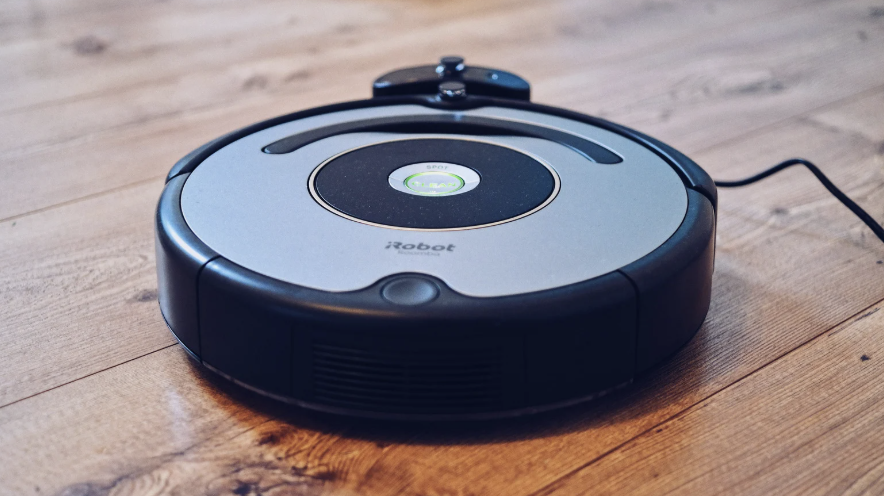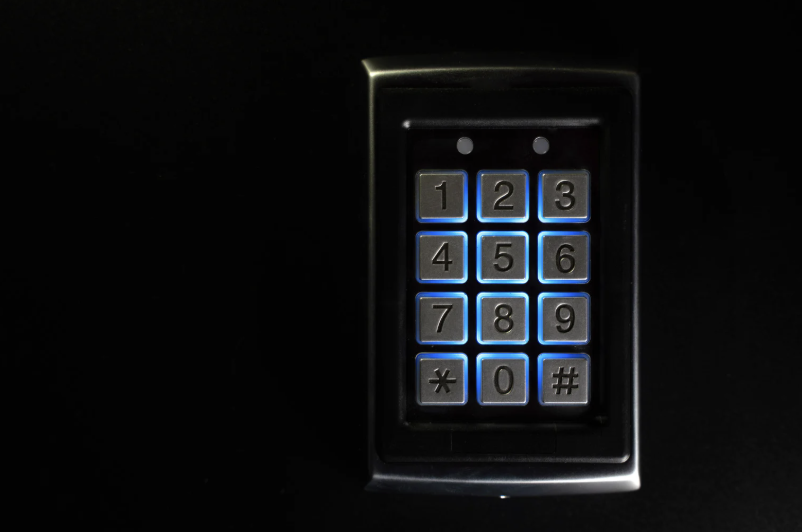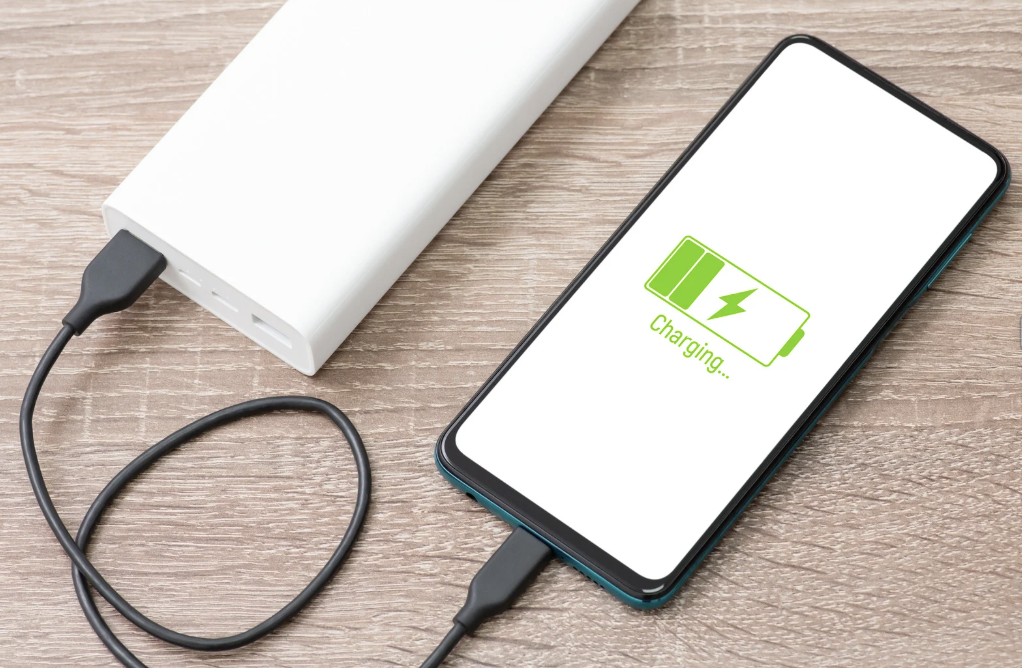The 1990s was a sweet spot in American history. The stifling Cold War with the Soviet Union had just come to the end in 1989 and it would still be 12 years before a new era of fear after the 9/11 attacks.
The 1990s was also a time of prosperity that lifted up Americans across the socioeconomic spectrum and an era that saw unprecedented peace in the world. In fact, things were going so well in America that President Clinton managed to have a budget surplus four years in a row.
The ’90s was also the last gasp of the analog era when people couldn’t contact you 24/7 and did things for the pure joy of it instead for the likes and shares.
A recent Reddit thread asked “What do you miss about the ’90s?” and the answers will take you back to a time that most of us remember fondly. Will people ever say that about the 2020s? Only time will tell.
1. You made plans without having to text people.
“Before we had mobile phones, my wife and I would plan to meet at a certain street corner at a certain time after work. We sometimes had to wait for the other person to show up, but we knew they would.” — i_will_be_dead
2. The world was clearly changing for the better.
“There was a period between the Cold War and the War on Terror when it seemed like there was hope for the world.” — igetasticker
3. Friday nights at home with the family.
“Blockbuster/Pizza Hut on Friday nights.” — EdwardPackard
4. People left you alone.
“Not being contactable 24/7. Peace of leaving school/work and not having to deal with their nonsense till tomorrow.” — Soma_Tweaker
5. Air travel without the stress.
“Did you know that before 9/11, it wasn’t a massive pain in the ass to go fucking anywhere?! Loved ones could walk you right to the gate. You could bring snacks, sandwiches, and drinks onto the plane with you. The prices at Hudson News were perfectly reasonable, because if they weren’t, you could just walk out of the terminal and grab something.” — GavinBelsonsAlexa
6. The mall.
“Malls were awesome, and I hate that the strip mall style has taken over. Especially up in Canada, where it gets to -40 in the winter. Back in the day you could legitimately spend hours wandering the mall, indoors and warm. Now it is depressing. Maybe the big malls like Mall of America or West Edmonton Mall are still okay, but the ones in my city are shit.” — Lexi_Banner
7. Following a scene.
“In the ’90s I would walk to my local record shop and talk to the guy. He would recognize me and ask about my thoughts on the Offspring album I bought last time I was in, and then recommend something that just came in from some guys called Green Day.
I’d then give a listen on the wall-mounted headphone player and take it home. Then, the whole next week would listen to nothing else… It was kind of great.” — Koro
8. A genuine good time.
“I think people are more concerned with posting something and going viral now. I really hate that you can just be minding your business, doing something with family or friends and enjoying yourself, and somebody will randomly record what you’re doing so they can call you ‘corny’ and get likes and views.” — Enviornmental-Bank81
9. Magazines.
“Everyone had their favorites for whatever hobby or interest you had. For me it was ‘Guitar World,’ picking up the issues with bands I loved and plinking along to the tab on my crappy electric guitar! For my wife it was 17, checking out the most recent trends!” — JackFairy80
10. Hanging out.
“Honestly the thing I miss the most, and the thing that is so hard to explain to modern kids, is ‘hanging out.’ Before cell phones, people used to just go to each other’s homes, or to some public space, and just spend time together.” — Vambot5
11. Making mix tapes.
“It was so much fun to make them, carefully trying to fit as much as you could in the limited amount of time that you had, but still making each song work with the next. Getting one was just as thrilling, especially if you just put it on without looking at the tracklist (if whoever made it included one) and being surprised by each new song.” — Edgar
12. Music mattered more.
“Music felt more special because you kind of had to take some risks when buying a cd. At best you could listen to it at one of the stations in the store, but other times you might have heard a song on the radio or watched a music video on MTV. I bought some albums where only the song I liked was good, but still tried to appreciate it all.” — plentyfunk66
13. Less pressure to be perfect.
“Nowadays due to social media, especially sites like Instagram, so many young people feel like it’s necessary to always be dressed well, always wear a full face of make-up, etc. Sure, we had unrealistic beauty standards and plastic surgery before, but to me it feels like it’s gotten much, much worse and also much more uniform than before.” — Owezara
14. No 24-hour news cycle.
“Maybe I’m in a minority, but I for one REALLY miss NOT having a 24-hour news cycle. Once that became a thing, it basically prevented journalists from actually doing thorough research before splitting ‘information’ on TV to satiate their corporate owners.” — Minerva_Madin
15. People talked to one another.
“I miss going to coffee shops or bars and being able to meet new random people. I made some of my best friends that way. Now folks just leer up from their phones more often than not.” – Shiller_Killer
16. People watched concerts instead of filming them.
“Concerts weren’t a sea of phones in the air. People are so concerned with people knowing they were at a concert via social media, that they don’t even pay attention or experience the show. It’s so dumb.” — thebestmike
17. Brick-and-mortar stores.
“I still think this is underrated. Yes now we have a much much wider selection of stuff available instantly, but it used to be extremely fun to go out on a Sunday, go to a record store or video rental store with your friends, discuss options and settle on one.” — Humble Shoulder
This article originally appeared on 11.19.21


